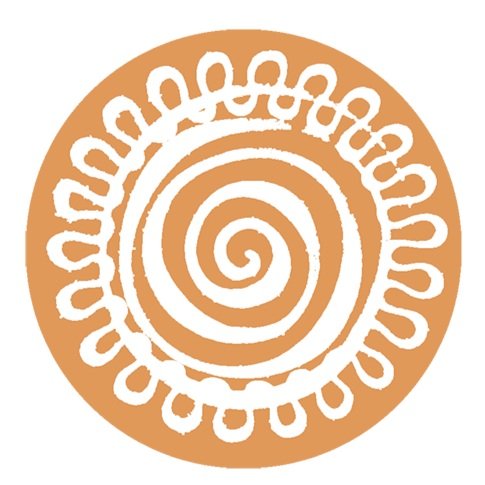
Moods

“We forfeit three-quarters of ourselves in order to be like other people.”
Arthur Schopenhauer
Moods
for Heidegger, moods are fundamental modes of existence that are both constitutive and disclosive of the way one exists or finds oneself attuned to the world and of how one is faring in the world with others.
Heidegger specifies that “moods are not side-effects [of cognition, volition, or action], but are something which in advance determine our being with one another.” Moods are not something merely at hand. They themselves are precisely a fundamental manner and fundamental way of Being, indeed of being-there, and this always directly includes being with one another. Heidegger likening moods to atmospheres, they are already there and we exist in them. They are not some inner, private, or subjective states of Being. Instead, moods are the pervasive medium or lens through which the world is disclosed to us and in existing, we constantly find ourselves in them. Moods are already there, however, not insofar as they exist independently or outside of Dasein. Rather, moods are there in the sense that they belong to and constitute the very being-there of Dasein. In other words, they are “ways of the being-there of Dasein” or, equivalently, “fundamental ways in which we find ourselves disposed in such and such a way.”
Secondary Sources
Affectivity in Heidegger I: Moods and Emotions in Being and Time
Video on Moods and Attunement
“When I ask for a garment of a particular form, my tailoress tells me gravely, “They do not make them so now,” not emphasizing the “They” at all, as if she quoted an authority as impersonal as the Fates, and I find it difficult to get made what I want, simply because she cannot believe that I mean what I say, that I am so rash. When I hear this oracular sentence, I am for a moment absorbed in thought, emphasizing to myself each word separately that I may come at the meaning of it, that I may find out by what degree of consanguinity They are related to me, and what authority they may have in an affair which affects me so nearly; and, finally, I am inclined to answer her with equal mystery, and without any more emphasis of the ‘they”’– ‘it is true, they did not make them so recently, but they do now.’”


